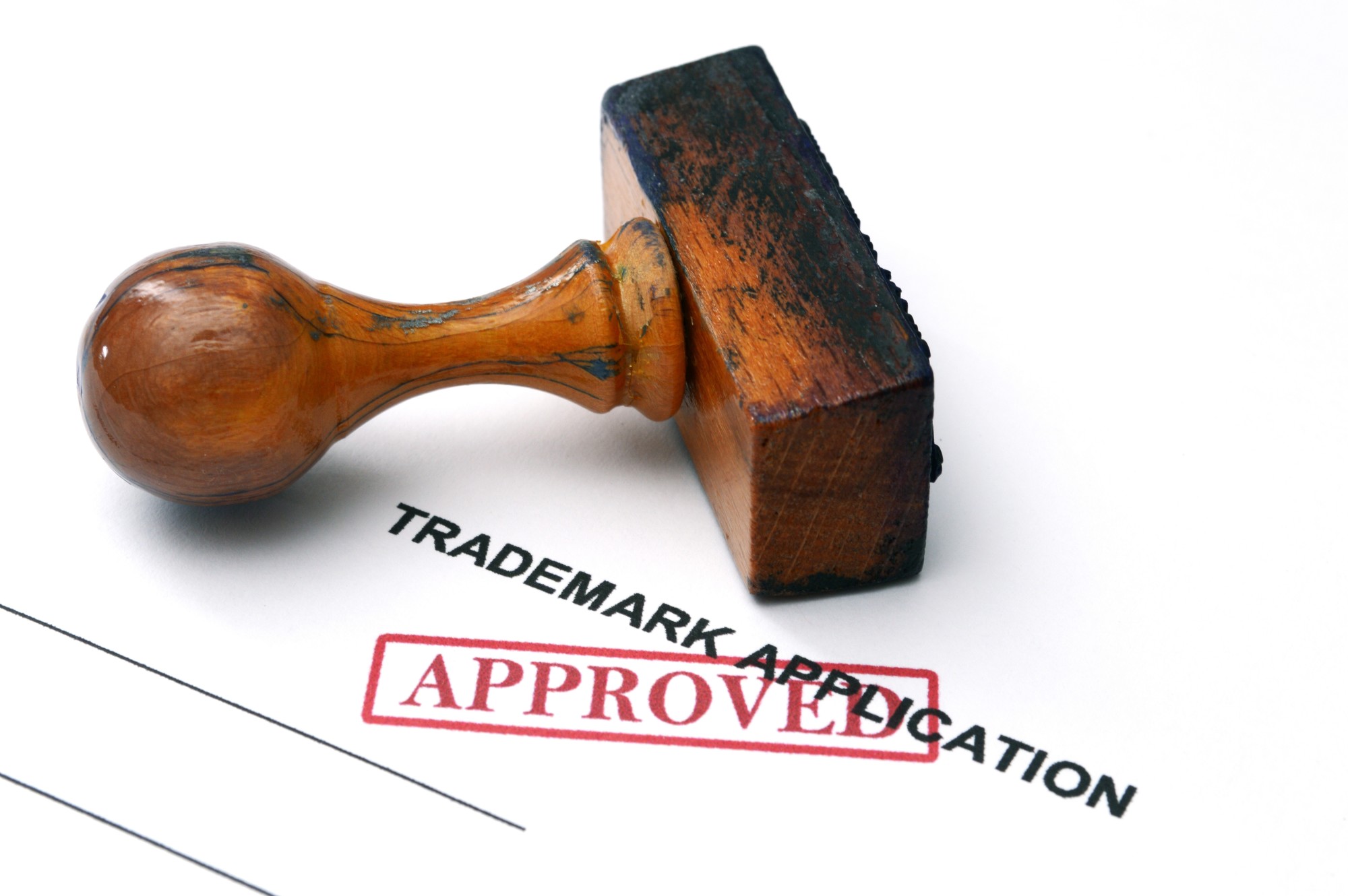Your Guide to International Intellectual Property Law
Everything starts with an idea. Inventions, products, and businesses; novels, artworks, and songs.
This idea is called Intellectual Property (IP).
The World Intellectual Property Organization (WIPO), part of the United Nations, defines IP as “creations of the mind, such as inventions; literary and artistic works; designs; and symbols, names, and images used in commerce”.
WIPO works with its 192 member states to develop balanced and effective international IP systems.
A company’s IP is a valuable asset. It should be protected to ensure that no one can use or copy your ideas without your permission. That way, you can sell or license your IP for others to use, and receive a profit or benefit in return.
Take a look at our guide to international intellectual property law and the steps you should take to make sure your IP is protected.
Register Your Trademark
A trademark is defined by WIPO as a sign capable of distinguishing one enterprise from another.
This could be words, letters, and numbers, as well as drawings, symbols, and non-visible signs.
Trademarks are important to all businesses, as they identify your brand.
Most registered trademarks are company names, product names, and logos. But trademarks can also include specific colors and sounds.
WIPO established the Madrid Protocolover 20 years ago. It’s a system to help make it easier and simpler to register trademarks worldwide. One application, in one language, with one fee means that your trademark is registered in up to 122 countries.
If you have a presence in a country that is not covered by the Madrid Protocol – or you would like to operate in China – it’s a good idea to discuss with your business attorney.
Register Your Copyrights
A copyright protects the rights of a creator and their expression of an idea. It allows them to control how their work is distributed, adapted and recreated. Copyrights cover a huge range of works, including literature, art, and music.
In most countries, a creator is automatically guaranteed copyright, and they do not need to specifically register. However, copyright registration does have a range of benefits, including proof of ownership.
You can take a look at the U.S. Copyright Office website, which lists different countries’ copyright relations with the US.
Apply for Patents
Patents protect inventions. According to WIPO, a patent is an exclusive right granted for an invention which is a new way of doing something.
Patents are more complicated to apply for. A U.S. patent only applies throughout the U.S. You must apply for separate patents in each country that you would like to protect your creation, idea or invention in.
Every country will have its own rules, regulations and application processes. It’s important to ensure the patent translation is accurate, to protect your work around the world.
Sign Legal Contracts
You may want to go further to protect your IP. Signing legal contracts can be one way to do this.
These could include non-disclosure agreements (NDAs), which protect your IP in terms of employing staff, sales and data sharing. Legal contracts may also include specific clauses on IP, making protection legally binding.
All of those involved should fully understand their obligations under the relevant legal contracts, which should be discussed regularly.
Get Insurance
You may have heard – and already know – about business insurance and car insurance. IP insurance is just as important.
IP insurance protects you against legal costs if an IP claim goes through the legal system. This includes enforcing claims, where you claim others who breach IP. Insurance also covers defending claims, when someone else accuses you of wrongdoing.
The Importance of International Intellectual Property Law
International intellectual property law can feel daunting, as it is an intangible concept. But it’s crucial to you and your business and is something that deserves to be protected.
Want to know more? Find out about IP, and how to protect your business more widely.

